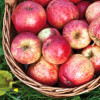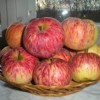Protecting an apple tree from rodents: expert advice
Content
Who can harm
The end of autumn and the beginning of winter is one of the most important periods in the life of every gardener: you have to not only protect the apple trees from the impending frost, but also save the trees from the systematic raids of rodents who were starving in winter. It is necessary to protect apple trees from mice and similar small animals, since they, nibbling the bark of a tree directly above the snow edge, leave the trunk bare and absolutely vulnerable to cold weather. In addition, we all know that the bark for a tree is a natural conductor of moisture and nutrients, therefore, breaking the upper cover of the trunk can lead to the death of the tree. Even more important is the fact that pests prefer young seedlings and young apple trees, which most need protection.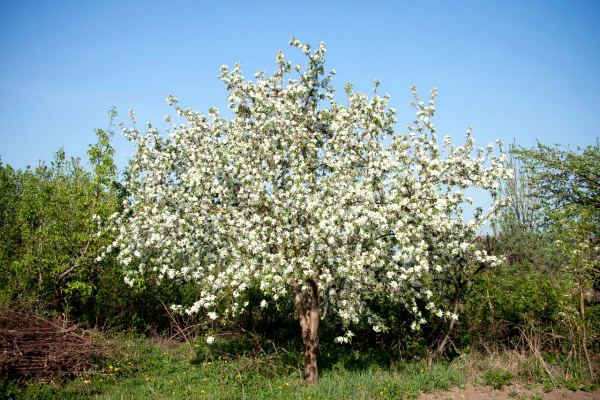
The period of greatest activity of rodents falls in February - early March: by the end of winter, hares and mice have practically no other options for food, except for the bark of fruit trees. They especially love the apple tree and almost never touch apricots, plums or cherries: the fact is that the bark of stone fruit trees is somewhat bitter.
Video "How to Protect"
From the video you will learn how you can protect an apple tree from pests - rodents and hares.
Protection methods
Over the years, our gardeners have become quite adept at such a difficult task as protecting an apple orchard from rodents. Let's take a look at the most common ones.
Mechanical
One of the widely used options for effectively protecting an apple tree - before winter, you just need to wrap its trunk with a metal mesh with a fine mesh. This option effectively protects apple trees from the encroachments of not only fairly large hares, but also from common and field mice. As a protective material, you can use what you prefer: some use roofing material, burlap or even film. 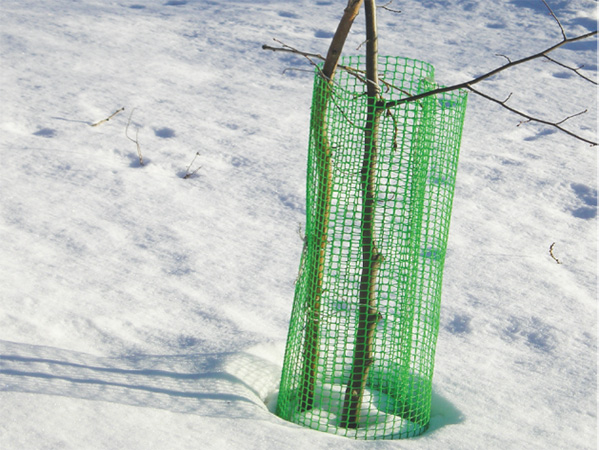 But the metal mesh still remains the most suitable option - it is not possible for rodents to gnaw through it, and it passes air and light, respectively, the bark is not threatened by the development of a fungal process.
But the metal mesh still remains the most suitable option - it is not possible for rodents to gnaw through it, and it passes air and light, respectively, the bark is not threatened by the development of a fungal process.
Scare away the smell
Some gardeners highly recommend using these harsh-smelling products to protect fruit trees from rodents. As such a "hellish" mixture, you can use the following composition: 3 kg of laundry soap, 300 g of naphthalene, 2 liters of any vegetable oil and 0.5 liters of turpentine.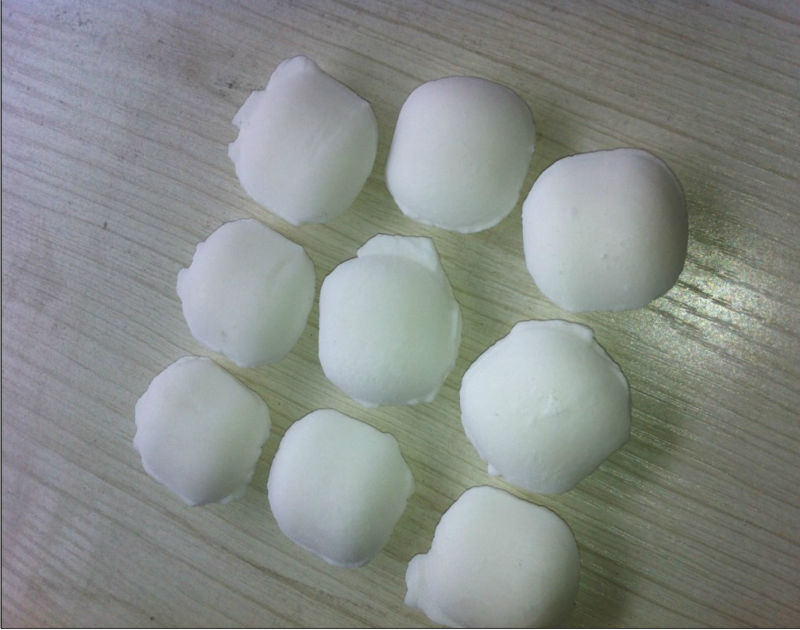 All this "cocktail" must be thoroughly stirred in 10 liters of water, and the resulting solution should be thoroughly coated with the trunks. Agree, even for voracious and hungry mice, such a "dish" is hardly suitable.
All this "cocktail" must be thoroughly stirred in 10 liters of water, and the resulting solution should be thoroughly coated with the trunks. Agree, even for voracious and hungry mice, such a "dish" is hardly suitable.
Spraying
So that in winter not a single rodent or other uninvited guest comes close to your garden, treat the trunks of fruit trees with a solution of copper sulfate - mice do not like this substance very much (by the way, at the same time you can prevent the development of fungal infections on the surface of the trunk).
The solution is simple to prepare: for every 10 liters of water, you need to take 100 g of powder.The garden is sprayed in November, choosing a quiet and fine day without precipitation, trying not to spare the remedy: about 2 liters of liquid should be spent for each young seedling, and at least 10 liters should be sprayed on adult, fruiting trees.
Already in winter, with the arrival of the first frosts, apple trees can be sprayed with a weak one percent solution of Bordeaux mixture - for rodents its smell is disgusting, and for insect pests it is completely destructive. It is also better to treat the garden with this solution on a day when there is no wind and rain, otherwise such treatment will not bring any effect.
Poison
And finally, drastic measures involving not just scaring away, but the physical destruction of rodents. Today, specialized stores offer a wide selection of such drugs, one of them is Ratobor. 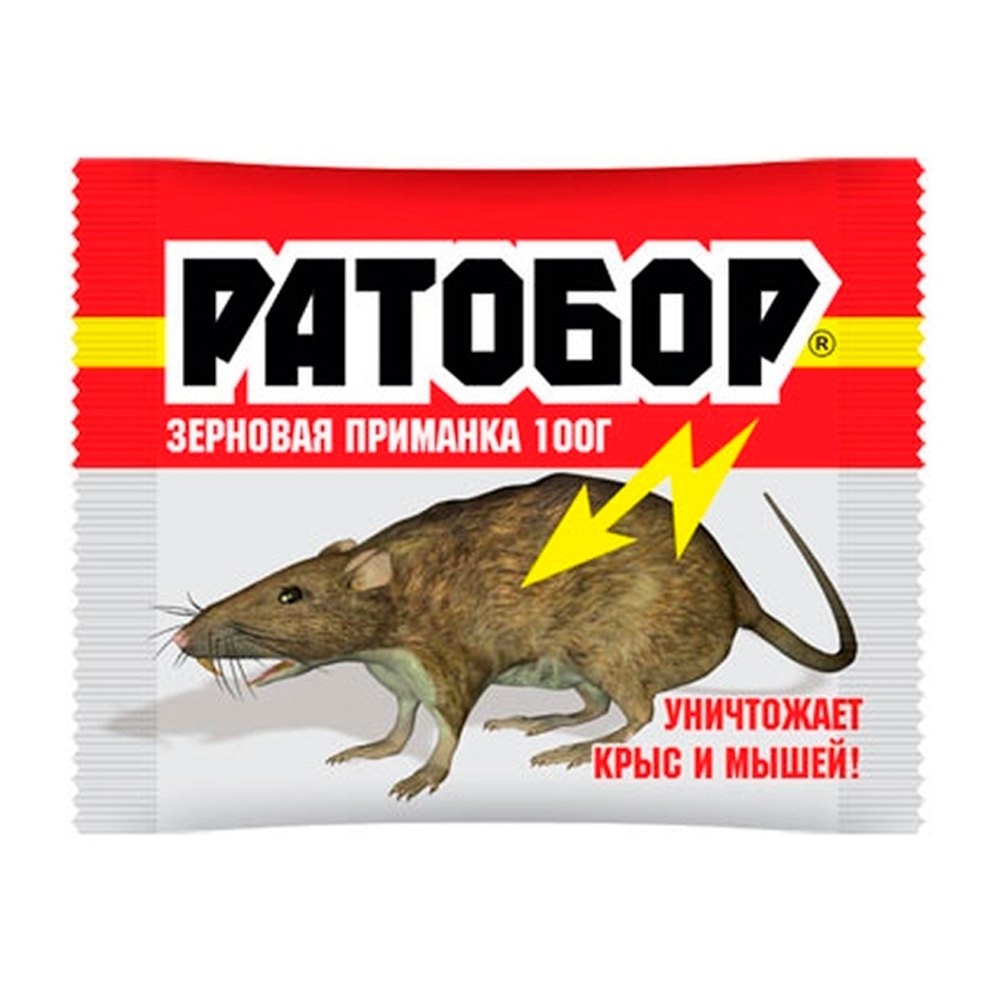 The product is produced in the form of solid briquettes, it is effectively used both indoors and in winter in open spaces - in gardens, vegetable gardens and personal plots. When preparing such baits, be sure to take into account the taste preferences of your enemies and place the "treat" in places where the pest can freely access, as well as in such a way that you yourself have access to it.
The product is produced in the form of solid briquettes, it is effectively used both indoors and in winter in open spaces - in gardens, vegetable gardens and personal plots. When preparing such baits, be sure to take into account the taste preferences of your enemies and place the "treat" in places where the pest can freely access, as well as in such a way that you yourself have access to it.
Prevention
In order to prevent the appearance of small enemies on your personal plot, try to follow all the rules of agricultural technology: remove in time all the garbage left in the beds or under the trees - tops, fallen leaves, pieces of bark, etc.  All this is an attractive bait for small animals, and also promotes their reproduction. Another beloved place of all rodents is warm haystacks or straw, try not to place them near fruit trees. Or you can try to settle in a family of hedgehogs, or, at worst, get an ordinary cat - these animals are primordial enemies for gnawing animals, so the last way to your garden will be ordered. Mice do not like the smell of kerosene - try scattering sawdust soaked in this product in the garden, uninvited guests are unlikely to visit it.
All this is an attractive bait for small animals, and also promotes their reproduction. Another beloved place of all rodents is warm haystacks or straw, try not to place them near fruit trees. Or you can try to settle in a family of hedgehogs, or, at worst, get an ordinary cat - these animals are primordial enemies for gnawing animals, so the last way to your garden will be ordered. Mice do not like the smell of kerosene - try scattering sawdust soaked in this product in the garden, uninvited guests are unlikely to visit it.
And if not mice, but hares found their way to your apple trees, try to play on their fearfulness: you can hang rustling plastic bags or empty cans on tree branches, which will make sharp sounds at the slightest breath of wind. Knowing the zapolosnost of this beast, he will run away at the slightest hint of a sharp grinding or even a simple rustle.
And finally, try to regularly tamp the snow around the apple tree trunks: this, of course, will not protect against hares, but mice, which usually move under the snow cover, will not be able to break through the layer of dense, trampled snow. Isn't it an option?
The rare lucky gardener is not familiar with the problems that rodents can inflict on fruit trees over the long winter. Be sure to try to take as many preventive measures as possible, because everyone knows that preventing a problem is much easier than overcoming it. But if you have rodents, our recommendations will help overcome this scourge and keep your garden intact until next spring. And there, small enemies are not at all scary: with the arrival of heat, they find food in various places and will not encroach on your apple trees.
Video "Treatment"
From the video you will learn how to cure an apple tree after meeting with rodents.


